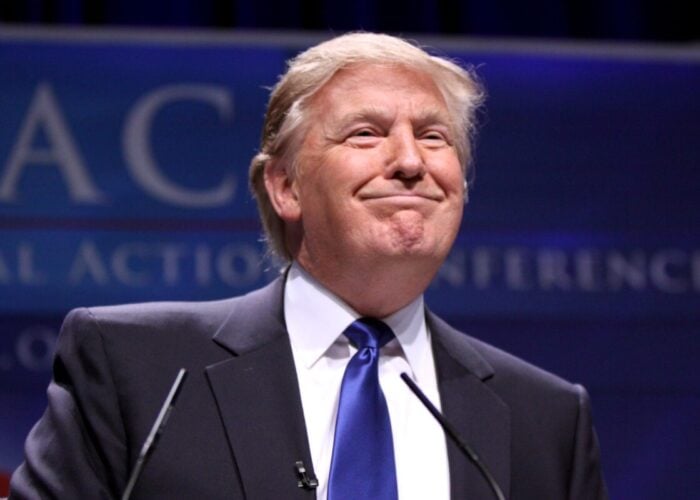Manufacturers of solar equipment in India have seen few investments in new capacity for many years and, competing with cheaper imports from production strongholds such as China means there is little sign of the stagnation lifting. Not only have capacity expansions been lacking, but the domestic manufacturers have also concentrated on modules at the expense of making inroads into cell or wafer production.
A recent trade case made conditions harder, when the World trade Organization (WTO) ruled against India in its long-running dispute with the US over India’s inclusion of local content rules for firms developing PV under the National Solar Mission (NSM). The NSM is the flagship scheme helping to deliver part of prime minister Narendra Modi’s 100GW solar by 2022 target. Furthermore an investigation into anti-dumping was delayed for a year, prolonging the unconstrained import of cheaper, foreign-made modules into India.
Unlock unlimited access for 12 whole months of distinctive global analysis
Photovoltaics International is now included.
- Regular insight and analysis of the industry’s biggest developments
- In-depth interviews with the industry’s leading figures
- Unlimited digital access to the PV Tech Power journal catalogue
- Unlimited digital access to the Photovoltaics International journal catalogue
- Access to more than 1,000 technical papers
- Discounts on Solar Media’s portfolio of events, in-person and virtual
Despite the headwinds, one India-based polycrystalline module manufacturer, Sonali Solar, said it is just weeks away from doubling the capacity of its Gujarat facility from 50MW to 100MW, with intentions to ramp up to a total of 300MW by Q1 2016. PV Tech spoke to Sonali Solar chief executive and president Pankaj Desai to gain an insight into the challenges facing domestic manufacturers.
Why are you ramping up your Gujarat plant?
The India market is getting more dynamic. We see a lot of demand coming up for Indian-made modules or for manufacturing plants.
How does the WTO ruling affect you?
The domestic content requirement (DCR) is part of our business and supplying DCR content modules is just one of the reasons we are ramping up on the production. The WTO ruling does not affect us much, because the DCR is only under the National Solar Mission projects. All other projects and tenders are excluded from DCR content as India’s current supply of modules is not enough to catch up with the demand.
What is happening with the anti-dumping case?
There is a lot of competition, because many Chinese manufacturers are supplying modules from China at cheaper prices. There was a chance of bringing in anti-dumping duties last year, but then it got prolonged for a year or so. The dumping investigation is starting again in six months.
Modi is promoting domestic products through his ‘Make in India’ campaign, but even so, there needs to be a bar to encourage Indian module manufacturers to increase their capacity.
If there is open trade and neighbours keep on importing modules to India, domestic manufacturers will expand less, because of the high competition and slim margins. Foreign PV developers also tend to use foreign-made modules and as a result Sonali Solar has tended to rely on domestic developers for business.
During Modi’s visit to China in May, three large MOUs were signed between Indian firms and Chinese companies including JA Solar, Canadian Solar and Trina Solar for large manufacturing capacity in India. Is this a threat?
If those companies come to India to manufacture, we will be at a par, because all the expenses including the cost of labour, electricity, interest and finance will be the same for the foreign entities as it is for Indian manufacturers. In the interest of domestic manufacturers, it is better if foreign manufacturers set up in India rather than carrying on importing with cheaper prices.
What needs to change for solar manufacturers in India?
We should have independent labs for research and development. The Ministry of New and Renewable Energy (MNRE) has some activity, but right now all the labs are not up to the standards of the International Electrotechnical Commission (IEC) or other international standards. Therefore more labs need to be started in India for testing the modules’ performance for example.
The government is very friendly when it comes to expanding plants and there are few difficulties with land acquisition. However the system needs to be redesigned because of the cost of materials, labour and financing compared to China. China has the whole supply chain in one spot so they don’t have additional transportation costs, whereas in India everything is scattered. That is a disadvantage for the India market.







